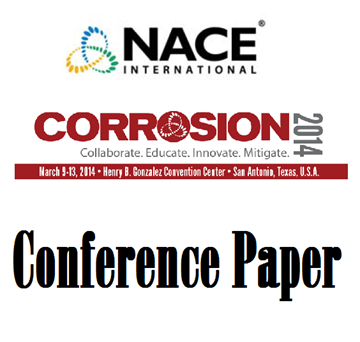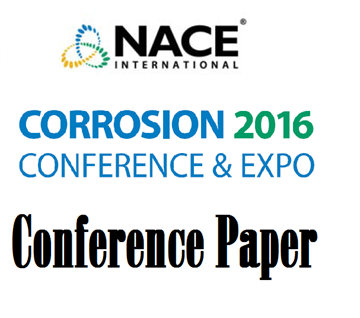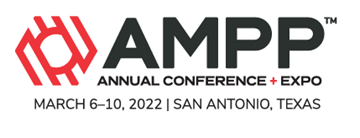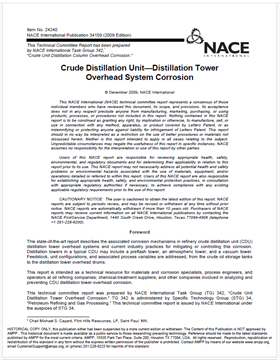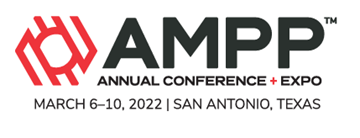Search
Products tagged with 'production'
View as
Sort by
Display
per page
51314-3723-Pipeline Corrosion Management; a Compendium
Product Number:
51314-3723-SG
ISBN:
3723 2014 CP
Publication Date:
2014
$0.00
51316-7115-Risk Assessment And Downhole Chemical Treatment Program For Production Wells Within The Wafra Field
Product Number:
51316-7115-SG
ISBN:
7115 2016 CP
Publication Date:
2016
$20.00
Innovative Biocide Blend Solves Microbial Contamination Issues In Hydraulic Fracturing Applications
Product Number:
51322-18154-SG
Publication Date:
2022
$20.00
NACE Publication 34109-2009, Crude Distillation Unit—Distillation Tower Overhead System Corrosion
Product Number:
24240-SG
Publication Date:
2009
$179.00
Selection, Screening and Field Trial of Calcium Hypochlorite to reduce bacteria population in freshwater storage tanks in Williston, North Dakota, USA
Product Number:
51322-17645-SG
Publication Date:
2022
$20.00

